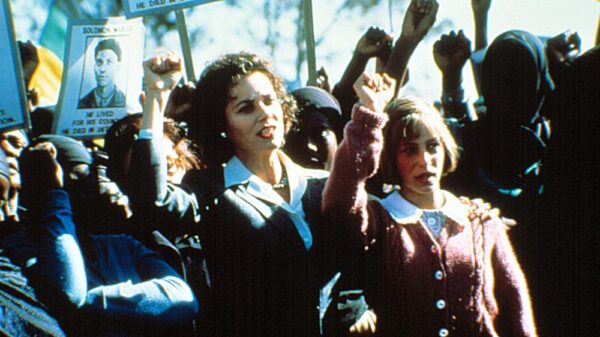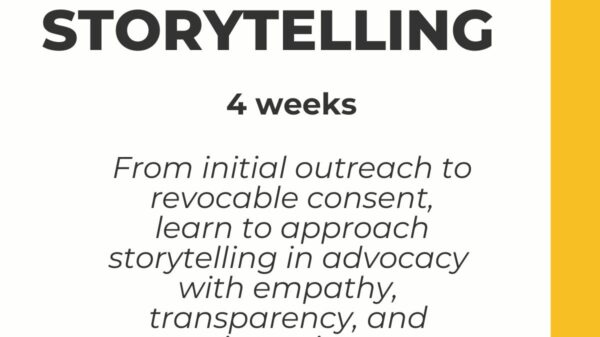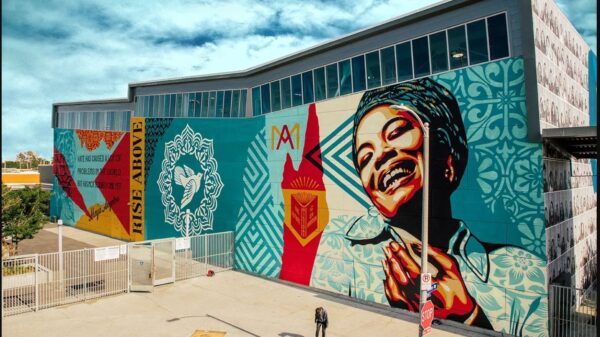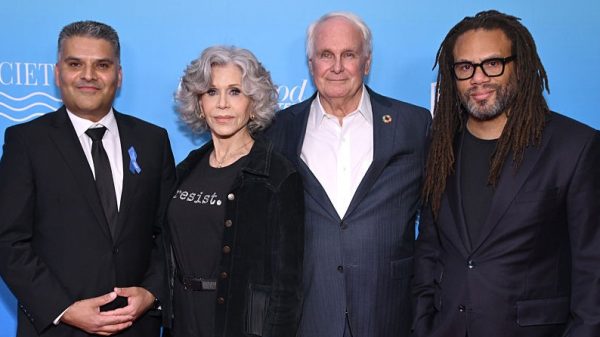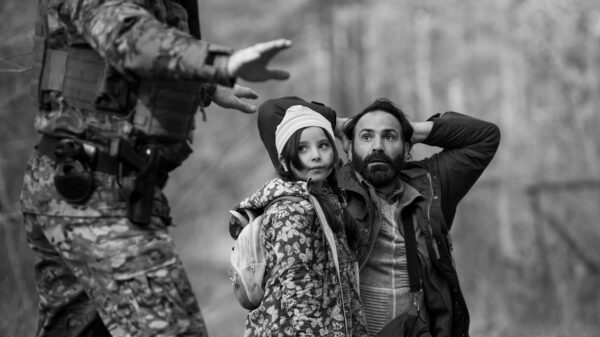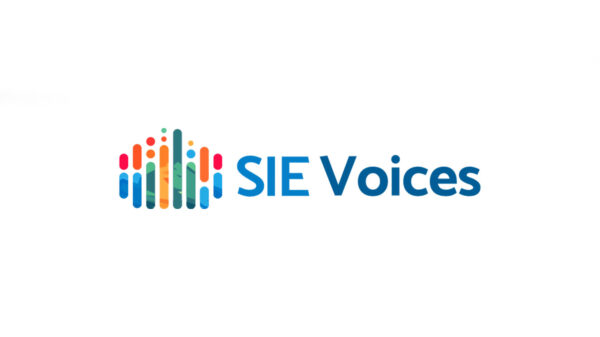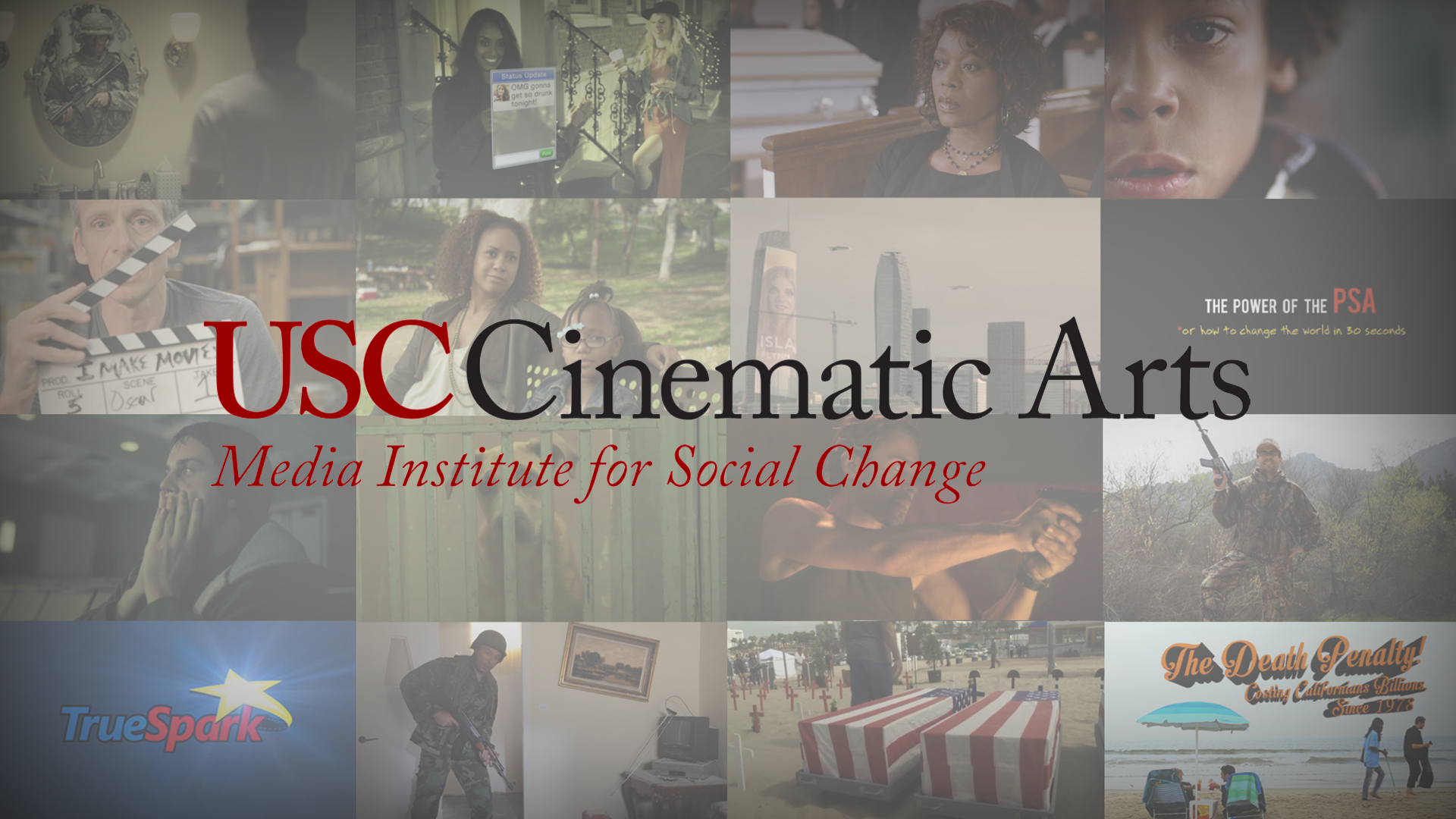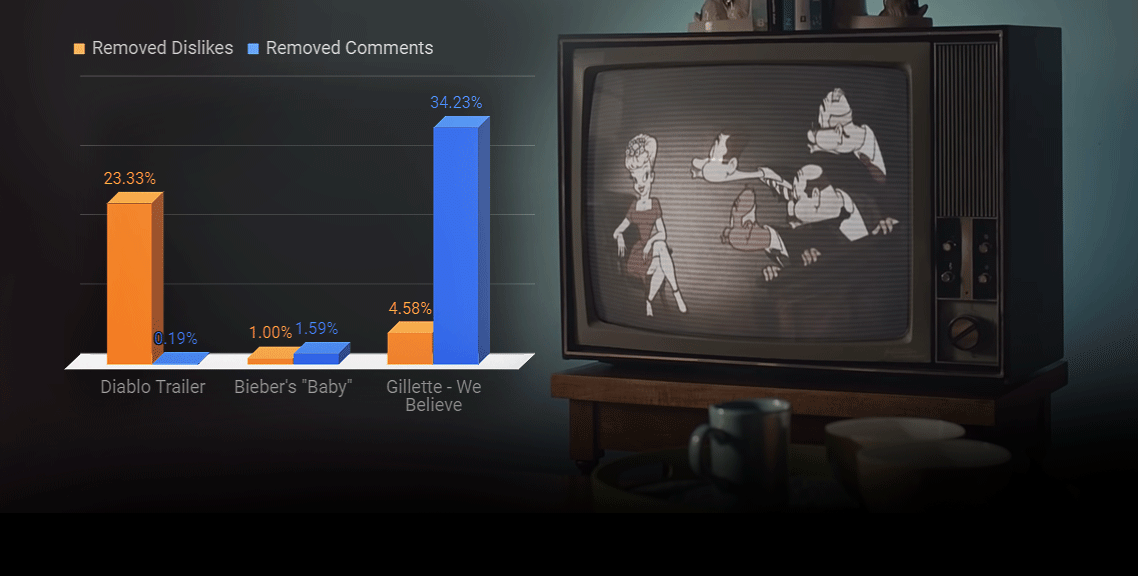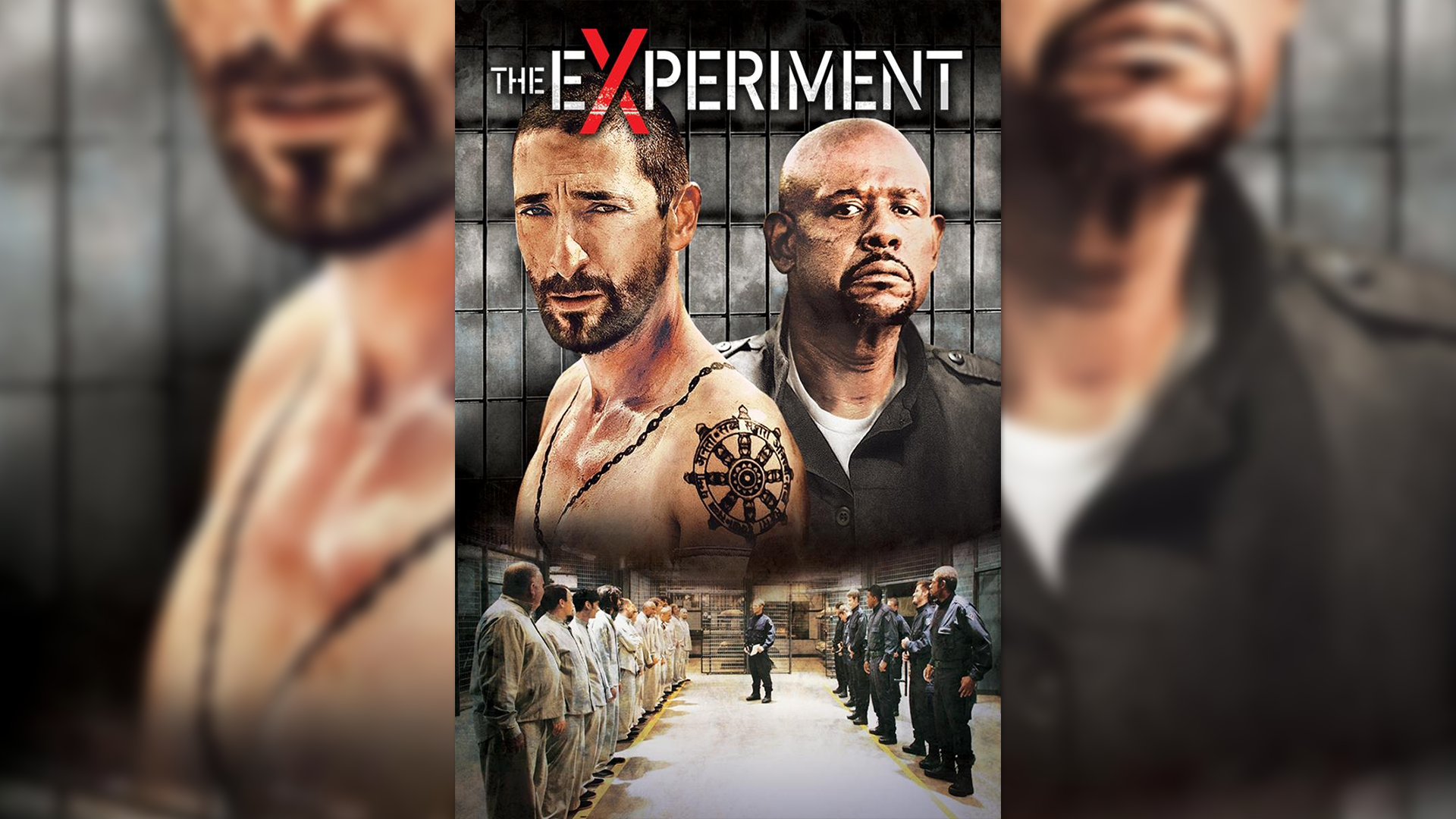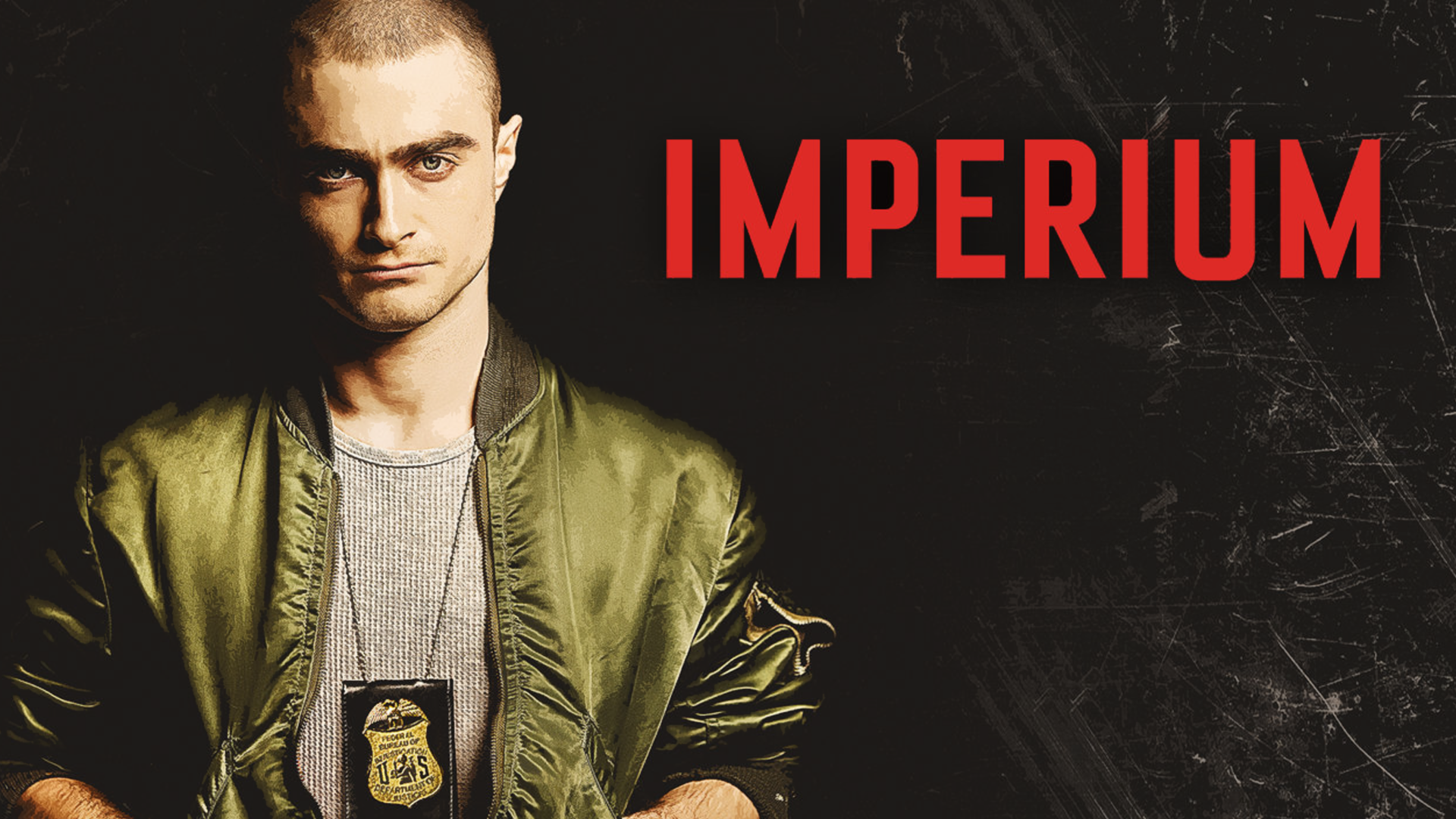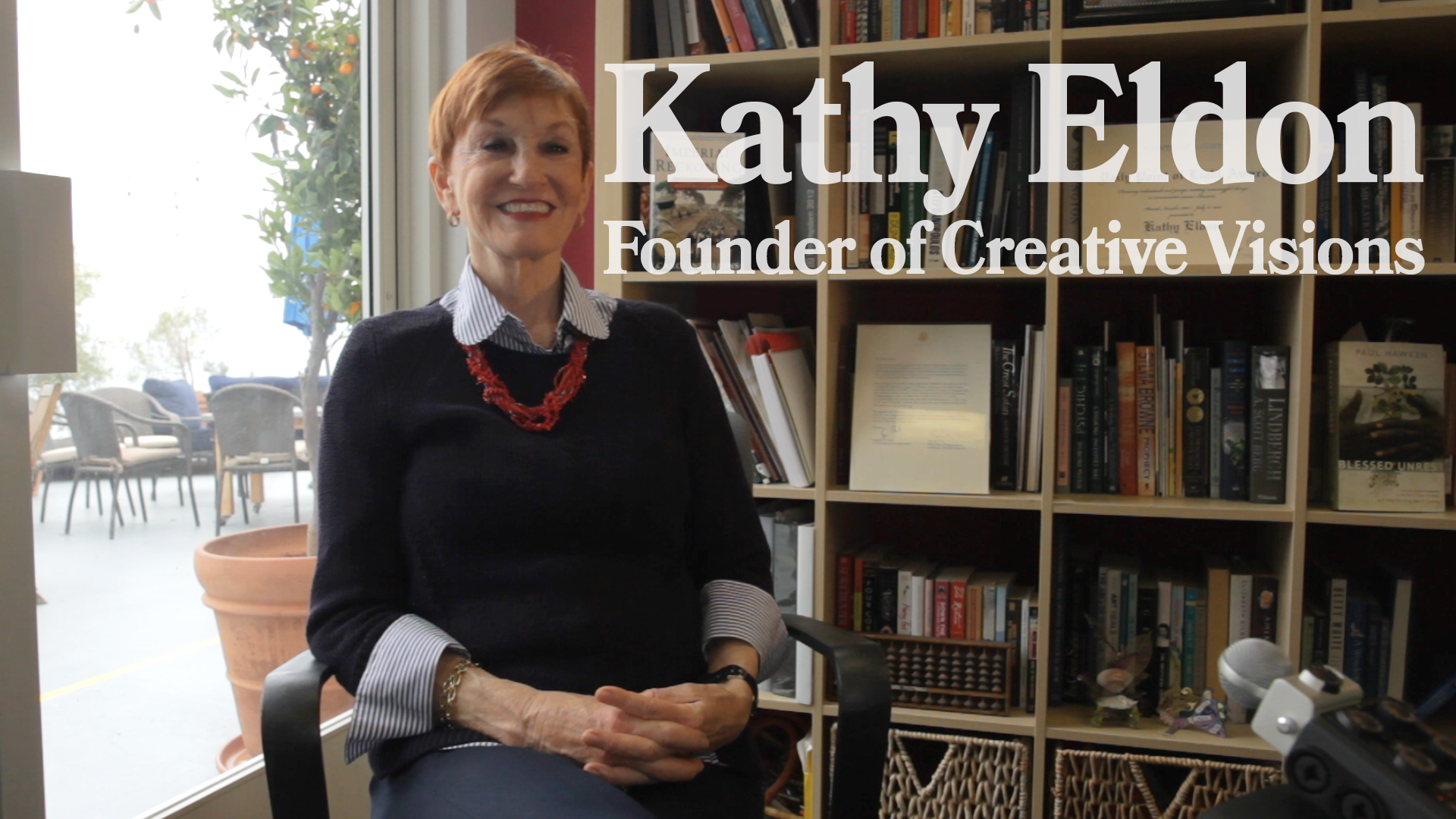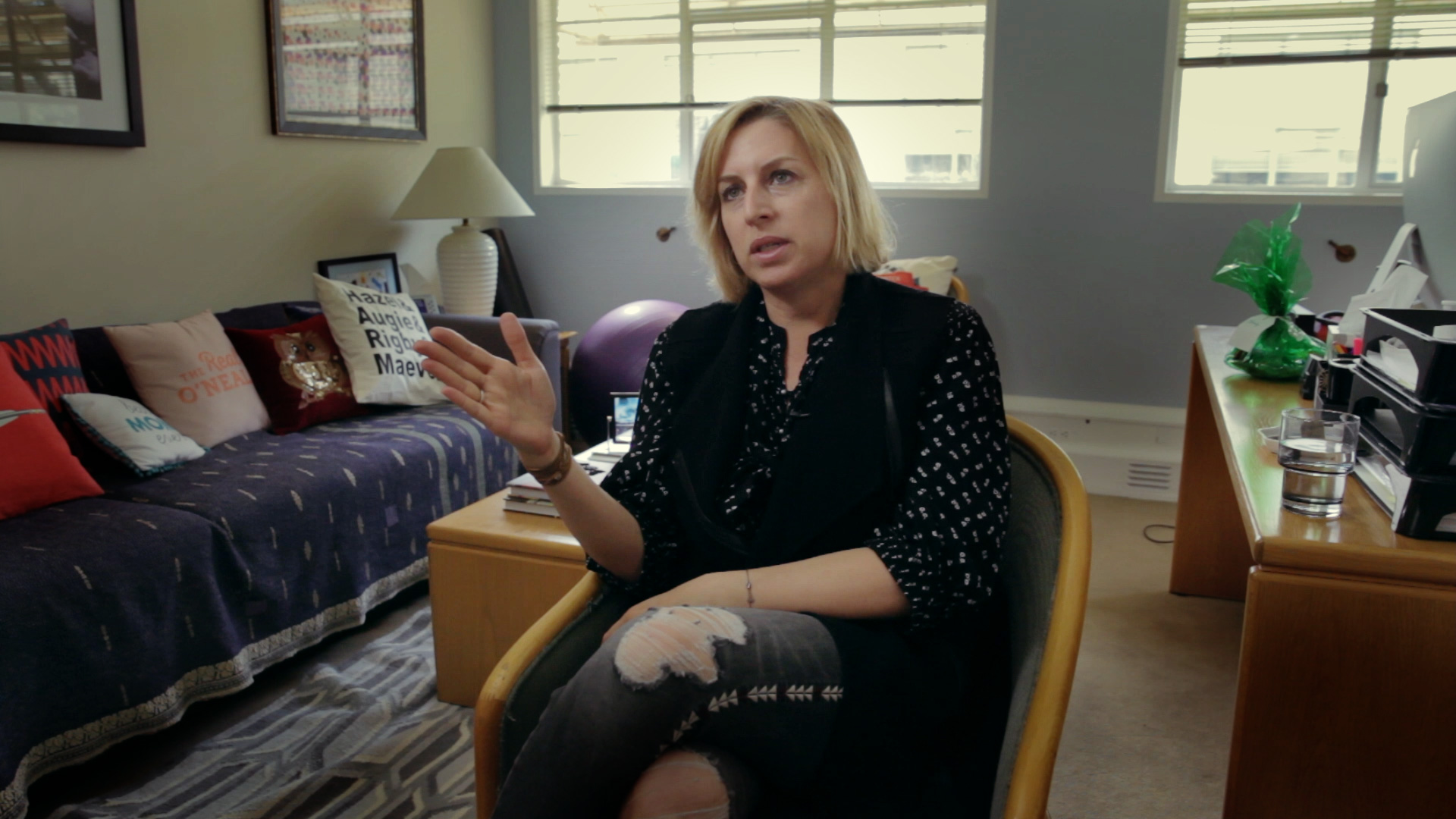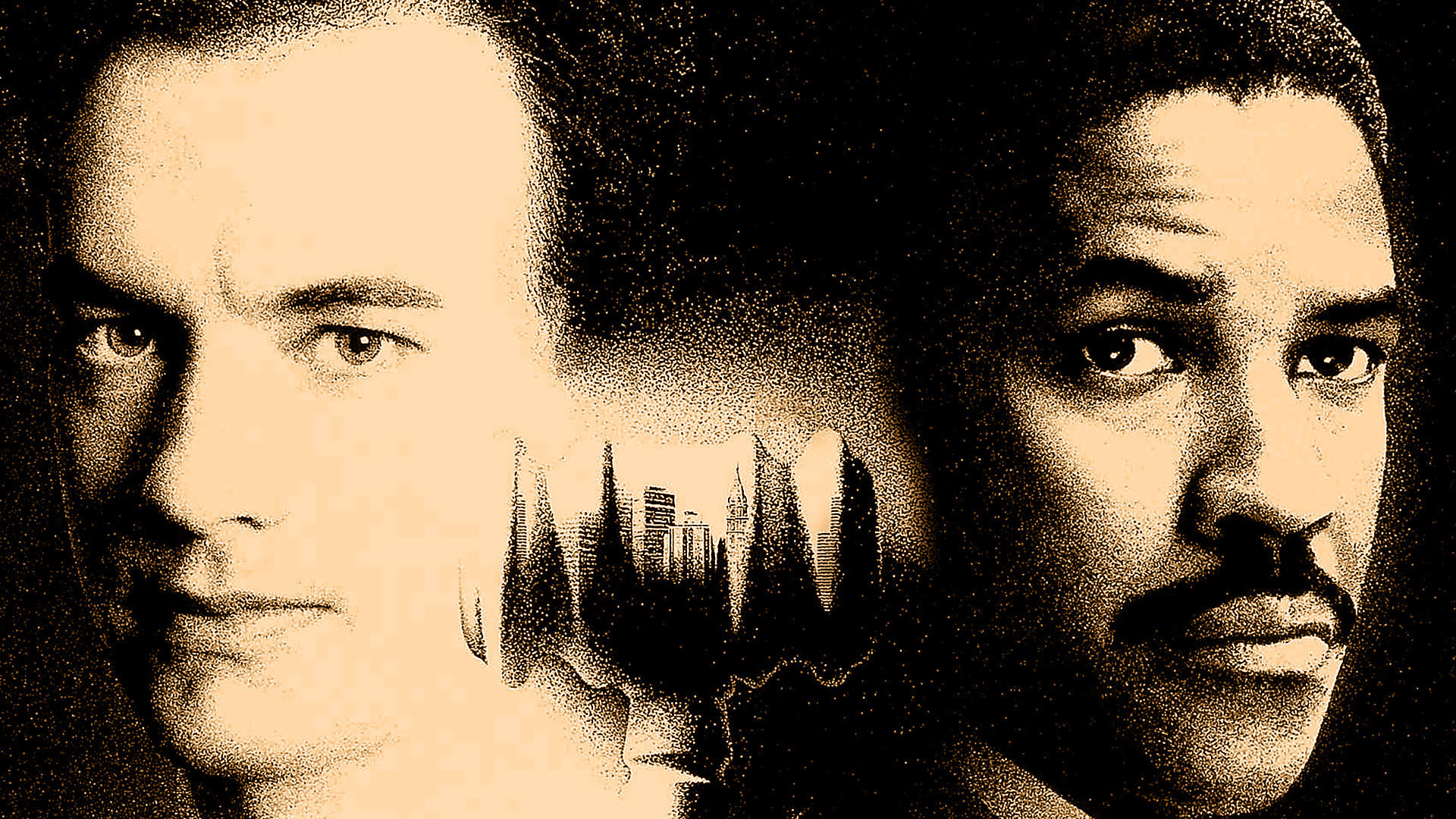In 2013, the University of California School of Cinematic Arts offered nearly every type of program. However, Michael Taylor noticed a space and need for film and media specifically cultivated towards social influence and change.
With several major films on his resume – Phenomenon (1996) and Copying Beethoven (2006) – Taylor founded the University of Southern California Media Institute for Social Change (MISC). Taylor created the program with a goal to promote conversation and awareness on social issues around the globe – using the most powerful tool: media.
Within its first year, MISC won an Emmy for The Power of the PSA or how to change the world in 30 seconds. The short documentary came together through collaboration with CBS and Taylor’s own students in his “Making Media for Social Change” class at USC. With CBS sponsoring, Taylor chose 3 of his MFA students to create and produce their own PSAs, highlighting the process in the film.
Having an Emmy already on the shelf, MISC began to produce more films, covering all social topics: In 2013 alone, they created over 10 films, telling stories of PTSD victims, domestic violence, futuristic technology, depression and anxiety, and the effects of social media. Breaking Point, directed by Rebecca Doyle, follows the life of a young dancer struggling in an abusive relationship with her boyfriend. Take the Chance, by David Aristizabal, demonstrated the bond and healing power of a dog and a soldier living with PTSD.
No topic was too risky or too bold for MISC. The program continued to expand, and they tackled more films and projects. More recently, MISC has worked with the Keck School to release “Big Data: Biomedicine,” a film that shows the rampant growth of data collection, and how its organization and sharing is crucial for the medical world. Other new films include The Interpreter, a short film centered on an Afghan interpreter who is hunted by the Taliban, and The Pamoja Project, which shares the story of 3 Tanzanian women.
The MISC team, led by Taylor, consists of four other experts in the field: John Berardo, Rob Carpenter, Jenna Cavelle, and Miriam Arghandiwal. Berardo, co-founder of Shatterproof Films, also invests his time in non-profits like the Anxiety and Depression Association of America. Carpenter, a filmmaker and entrepreneur, has worked on over 30 films and with nearly as many companies to enforce global change. With a background in journalism and research, Cavelle uses media to educate people on current environmental issues. Like the rest, Arghandiwal is passionate and focuses on tackling human rights issues – specifically women’s rights in Afghanistan.
With Taylor, the team has been able to create films and media to promote social conversation and change. In April, they co-hosted Project Hope L.A. Benefit Concert with KWIPPIT, a digital content network for messaging. The event garnered awareness towards the mass amount of homelessness in Los Angeles.
MISC also offers a minor at USC, requiring students to take classes in a variety of departments. Classes include topics on race, gender, political film, and TV writing.


